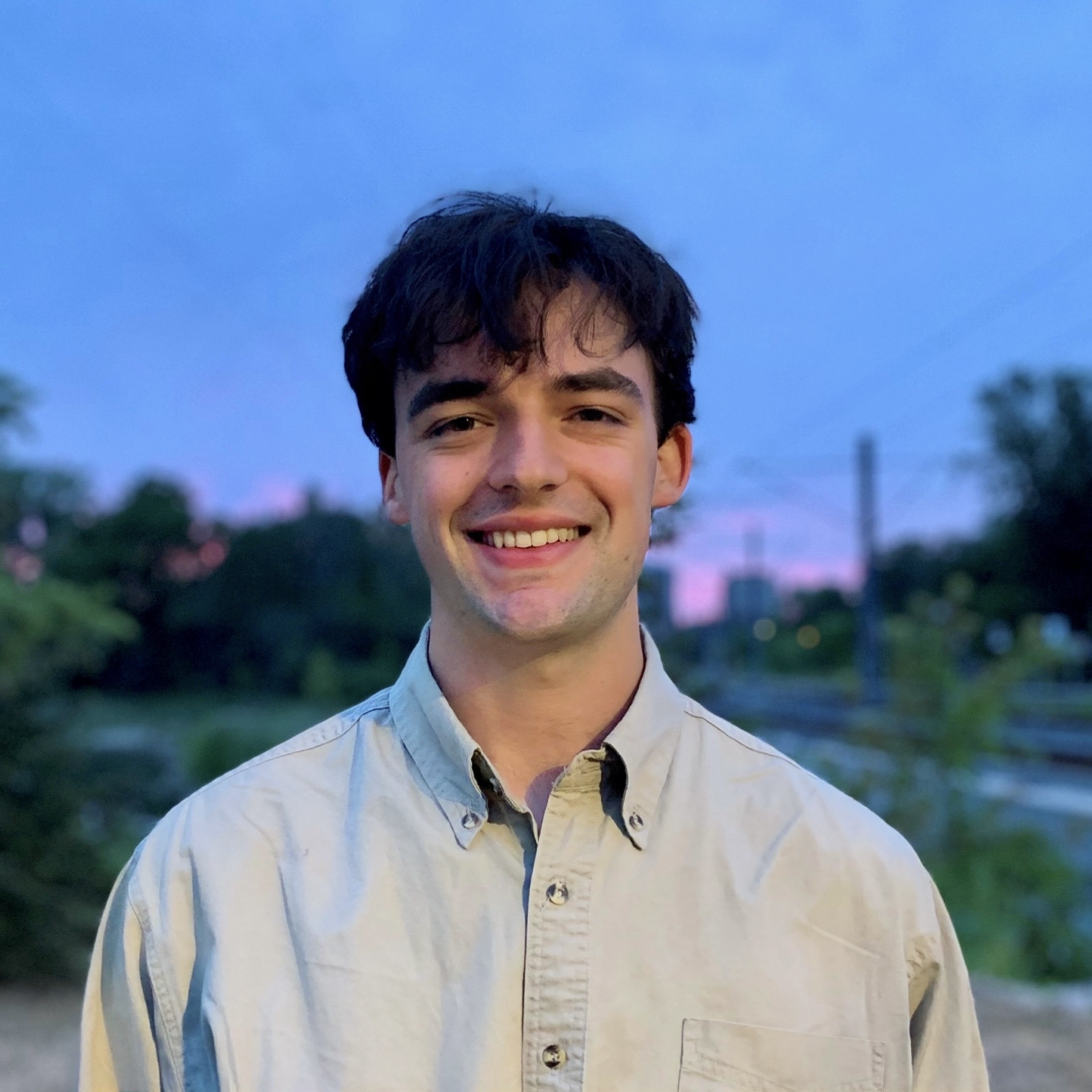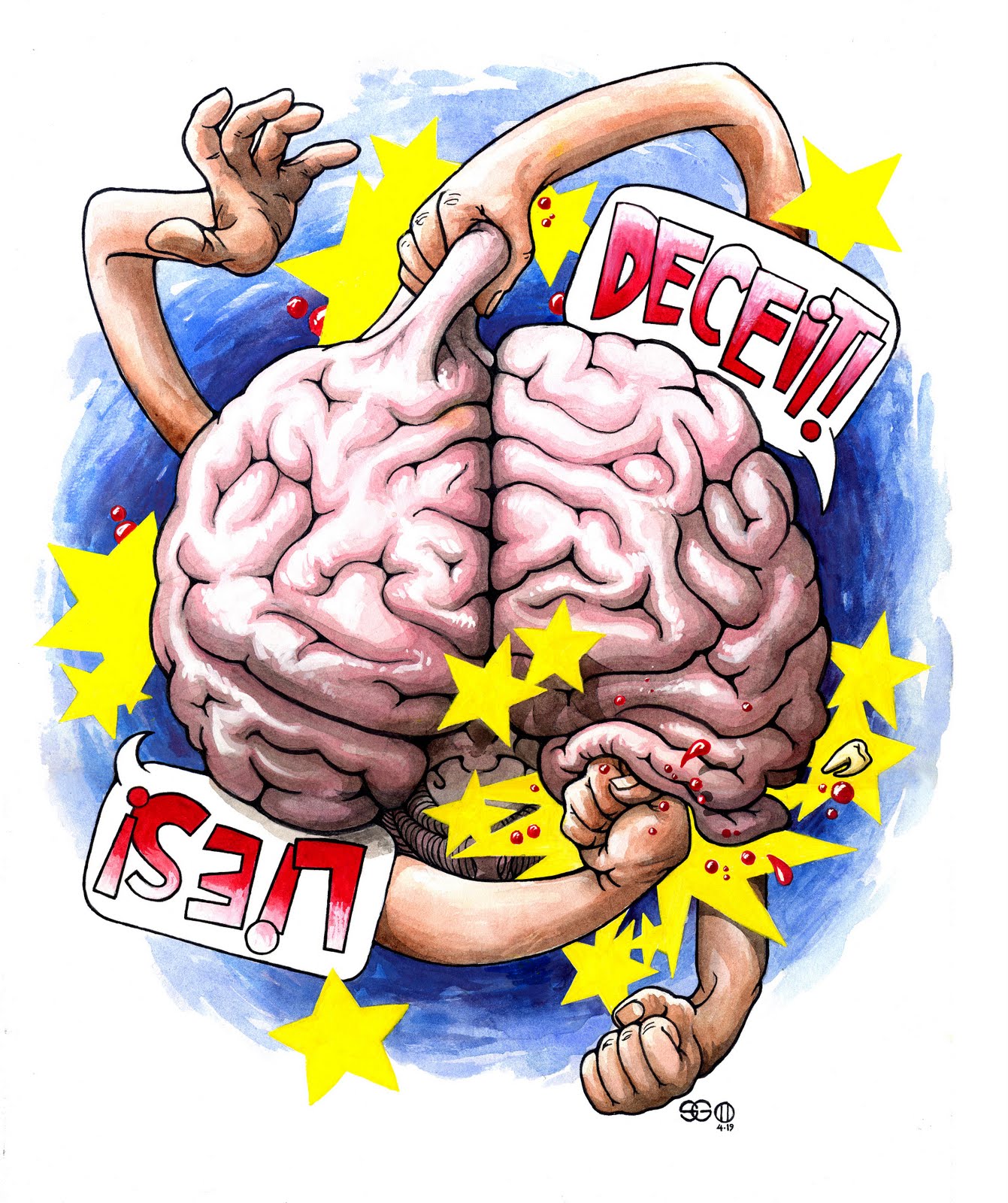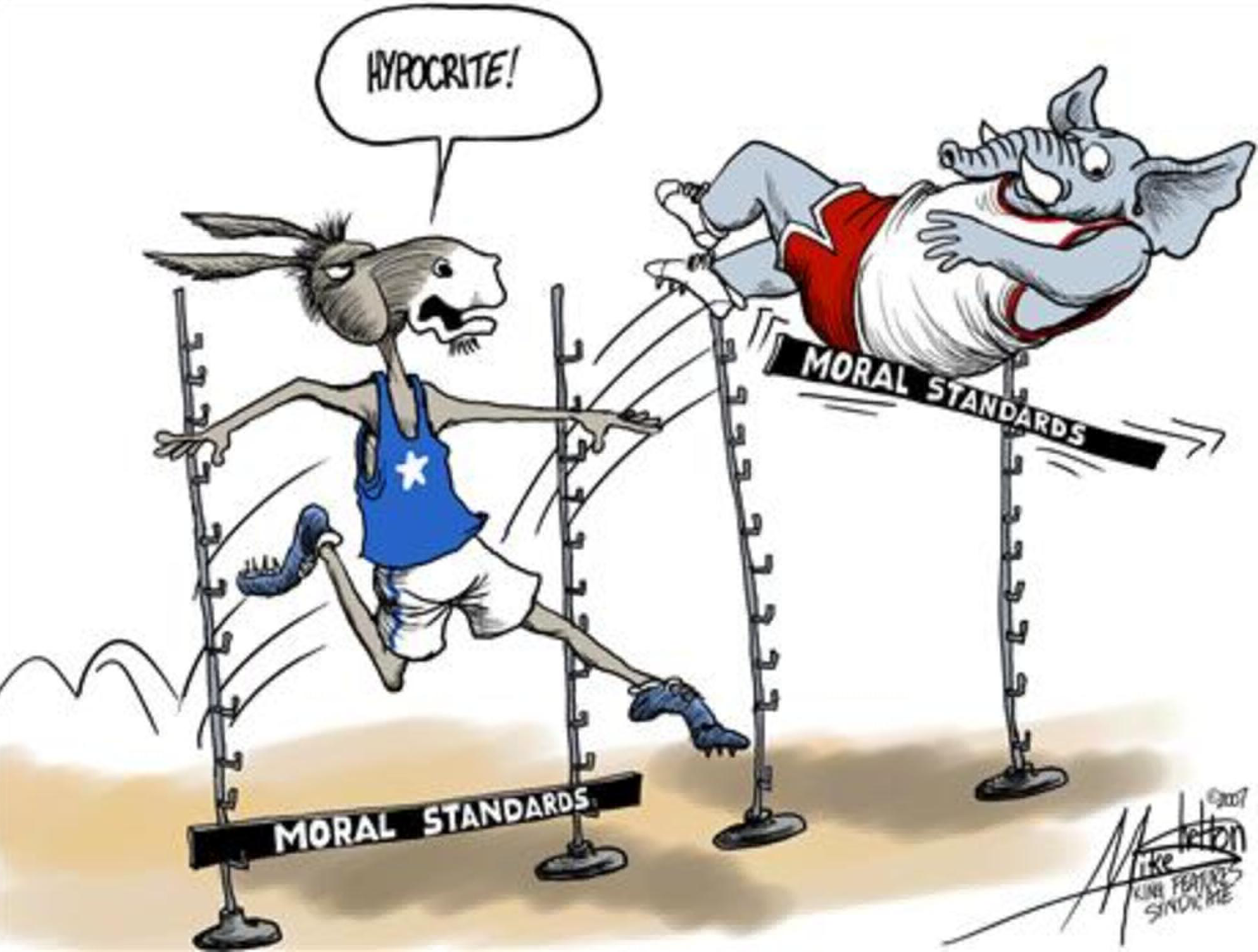Lab News 0
- 04.29.2025 - Welcome 🎉 to the lab, Mehak Bhatia and Jack Cordingly! They will be joining us as new undergraduate research assistants.
- 04.11.2025 - Dr. Scheffer will attend and speak at the Chicago Consortium on Longevity May 30th 🗓 at Northwestern University.
- 04.08.2025 - Dr. Scheffer attended and was the keynote speaker for the University of Waterloo's Psychology Discovery Conference - Program
- 03.31.2025 - The MISC Lab welcomes 🎉 Amal Elbuluk as an incoming USRI student this summer!
- 03.26.2025 - Dr. Scheffer gave a social area brownbag at the University of Waterloo - Empathy's Other Side: Consequences of Sharing Personal Experiences with Injustice.
- 03.11.2025 - The MISC Lab will be growing this Fall! Welcome 🎉 Aashna Biala (SPDP) and Joshua Budge (CSP), who'll be joining us as graduate students. Aashna completed an HBSc at University of Toronto Scarborough Campus, and Joshua completed an HBSc at Waterloo University.
- 01.16.2025 - Dr. Scheffer will be presenting at the annual convention for the Society for Personality and Social Psychology in Denver, CO on Saturday, February 22nd at 3:15pm 🗓 Symposium title: Facing Discrimination: The Importance of Emotion Regulation and Emotional Goals. Talk title: Empathy's Other Side: Consequences of Sharing Personal Experiences with Injustice.
- 11.14.2024 - Dr. Scheffer presented in a late-breaking symposium presentation at the annual meeting of the Gerontological Society of America (Seattle, WA, USA) on research from his postdoctoral fellowship: In-Home Assistive Technology Protects Dementia Caregivers from Worsening Sleep Efficiency.
- 10.11.2024 - Our grad applications are going live on October 14th 🗓 I am reviewing applications for students in a few areas (SPDP, CDBS, CSP). Also, our RA application is live! See details below.
- 04.07.2024 - Welcome 🎉 to the lab, Emil! Emil is completing a BA in Psychology at Simon Fraser University, and will be a graduate student in the MISC Lab at Western in Fall, 2024.
Motivational Influences and Social Cognition Lab (MISC Lab)
The lab investigates how interpersonal and intergroup dynamics shape people's propensity and capacity to engage in what we broadly refer to as socioemotional processes to build relatively challenging social connections and understanding. We study a range of individual and contextual factors that influence these processes, often focusing on people's desire to "opt-in" to them, and how these sorts of responses are perceived and desired from both sides (e.g., the "empathizer" and the "empathized with"). The lab aims to apply multiple methods, adapting from social and cognitive psychology, neuroscience, and psychophysiology
People

Dr. Julian Scheffer, Assistant Professor of Psychology
Principal Investigator (PI)
My research broadly examines the utility of socioemotional processes such as empathy and compassion for building interpersonal and intergroup connection. I study how mental effort perceptions, neural damage, and neurodegeneration impact people's propensity and capacity to share in and understand the perspectives of other people as well as foster concern for their well-being. Further, I examine how these same processes wax and wane across challenging interpersonal and intergroup contexts, such as in the context of political rivals, in caregivers of people diagnosed with neurodegenerative disease, and in forging allyship to address social injustices.
Prior to arriving at Western, Dr. Scheffer completed his HBSc at University of Toronto Scarborough, his MA at University of Iowa, his PhD at the Pennsylvania State University, and a 3-year postdoctoral fellowship at the University of California Berkeley.
Graduate Students

Aashna Biala
Incoming MSc Student (SPDP)
I completed my HBSc at University of Toronto Scarborough. Currently, I am pursuing an MSc in social psychology at the University of Western Ontario under the guidance of Dr. Julian Scheffer. My research interests lie in the domain of affective science, such as empathy and compassion, and its influence on interpersonal interactions and social dynamics. I aspire to eventually pursue a PhD in social psychology.

Joshua Budge
Incoming MSc Student (CSP)
I am an incoming MSc student in UWO's Clinical Science and Psychopathology (CSP) program. I completed my Honours BSc in Psychology at the University of Waterloo in 2023, where I gained diverse research experience in cognitive, clinical, and neurocognitive psychology. Currently, I am a Research Associate at Western's Centre for Brain and Mind and a Cognitive Psychology Lab at the University of Waterloo. Broadly, my research interests lie in understanding the cognitive factors underlying empathy and compassion in caregiving for individuals with neurodegenerative diseases, as well as how these conditions may impact a person's capacity for empathy.

Emil Dzhunushaliev
MSc Y1 (SPDP)
I am an MSc student at the University of Western Ontario working under the supervision of Dr. Julian Scheffer. I completed my BA in Psychology (Hons.) at Simon Fraser University in Vancouver. Broadly speaking, my research interests involve hope, optimism, intergroup relations, and empathy.
USRI Students

Amal Elbuluk
BSc Y3
I am a third-year (Hons. BSc) Psychology student at Western University. My main research interest is exploring how marginalization influences individuals' interpersonal and emotional functioning. Particularly in relation to empathy, compassion, and trauma symptom manifestation.
Undergraduate Research Assistants

Mehak Bhatia
BA Y3 (Huron University)
My research interests lie in understanding individual differences in personality and learning more about attitudes, norms and maladaptive behaviours.

Shagun Chander
BMSc Y3
I am a third year BMSc student at Western University. In the MISC Lab, I hope to learn more about socioemotional processes and contribute to research on empathy.

Jack Cordingly
BSc Y2
I have a strong interest in behavioral psychology, clinical science, and the socioemotional processes that guide human connection. In the MISC Lab, I hope to explore how motivational factors shape decisions to engage with others emotionally, and how these insights can inform both clinical practice and broader interpersonal dynamics.

Kitty Gao
BA Y2
I am a second year (Hons.) Psychology student at Western University. I am interested in empathy and compassion, and how they contribute to interpersonal relationships as well as how they are evaluated in caregivers of patients with neurodegenerative diseases.
Research Lines
Factors that Influences Decisions to Engage in Interpersonal Emotional Processes (e.g., Empathy, Compassion).
When seeing someone in the distance asking people for spare change, or viewing a charity ad depicting people suffering on TV, how do people decide to engage with these people using empathy and compassion, or avoid these types of experiences altogether? The lab applies motivational frameworks such as effort-based decision-making (EBDM) to examine whether people would select into opportunities to experience empathy - sharing in the feelings and experiences of other people as if they were their own, compassion - feeling a warm and caring concern that may not necessarily involve sharing that person's suffering, or avoid these experiences by remaining emotionally detached so they can objectively evaluate the external situation. We investigate where mental effort emerges in these responses, as well as how we can overcome those costs to increase social engagement.

The Neural Substrates of Decisions to Experience Empathy and Moral Judgment
Leveraging a neurobiological approach and using patient models, the lab investigates the neural substrates that may influence people's decisions to engage in empathy. We study whether individuals with lesions to these regions would show differences in their willingness to cultivate empathy, and further explore whether differences would emerge when choosing in the context of a more affective form of empathy - experience-sharing, or a more cognitive form of empathy - involving imagining another person's emotional experience. The lab also studies neurodegenerative diseases which impact regions linked with socioemotional function, such as the insula, which is often seen in frontotemporal dementia (FTD).

Investigating the Other Side of Interpersonal Emotional Processes like Empathy
We may often attribute another person's socioemotional responses to be less adaptive or morally virtuous than our own. This can be due to differences in backgrounds, values, or even political affiliations. The lab examines perceptions of the people on the other side of an interpersonal empathic encounter, for how they view the person who cultivates empathy for them. We focus on interpersonal dynamics which often require cooperation in order to facilitate effective relationships, such as with political opponents, potential majority group member allies to marginalized minorities, and caregivers of people with neurodegenerative diseases with altered socioemotional function.

Selected Publications
Scheffer, J.A., Cameron, C.D., & Inzlicht, M. (2022). Caring is costly: People avoid the cognitive work of compassion. Journal of Experimental Psychology: General, 151(1), 172-196. doi.org/10.1037/xge0001073
Scheffer, J.A., Cameron, C.D., McKee, S., Hadjiandreou, E., & Scherer, A.M. (2022). Stereotypes about compassion across the political spectrum. Emotion, 22(3), 466-478. psycnet.apa.org/doi/10.1037/emo0000820
Cameron, C.D., Scheffer, J.A., Hadjiandreou, E., & Anderson, S. (2022). Motivated empathic choices. Advances in Experimental Social Psychology, 66, 191-279. doi.org/10.1016/bs.aesp.2022.04.005
Cameron, C.D., Conway, P., & Scheffer, J.A. (2021). Empathy regulation, prosociality, and moral judgment. Current Opinion in Psychology, 44, 188-195. doi.org/10.1016/j.copsyc.2021.09.011
Cameron, C.D., Hutcherson, C.A., Ferguson, A.M., Scheffer, J.A., Hadjiandreou, E., & Inzlicht, M. (2019). Empathy is hard work: People choose to avoid empathy because of its cognitive costs. Journal of Experimental Psychology: General, 148, 962-976. doi.org/10.1037/xge0000595
Media
2020 - Moral emotions during COVID-19: Examining the role of motivation and choice Penn State Social Science Research Institute
Join the Lab
Postdoctoral Fellows
Dr. Scheffer can discuss postdoctoral research fellowship opportunities on a case-by-case basis. If you are interested in pursuing a postdoctoral fellowship with the MISC Lab and Dr. Scheffer, please send an email detailing the type of research you hope to complete with the lab, your timeline for completing your PhD, and any plans for pursuing funding for the fellowship (e.g., SSHRC Postdoctoral Fellowship, Banting Postdoctoral Fellowship, etc.).
Graduate Students
Dr. Scheffer plans to review applications for MSc students in the SPDP, CDBS, and CSP areas for the 2025-2026 application cycle. For application instructions and updates, visit: how to apply.
Undergraduate Research Assistants
The MISC Lab plans to regularly review needs for undergraduate research assistants at the beginning of each semester and during the term on a case-by-case basis as needs arise. If interested, please fill out the following survey: undergraduate research assistant survey.